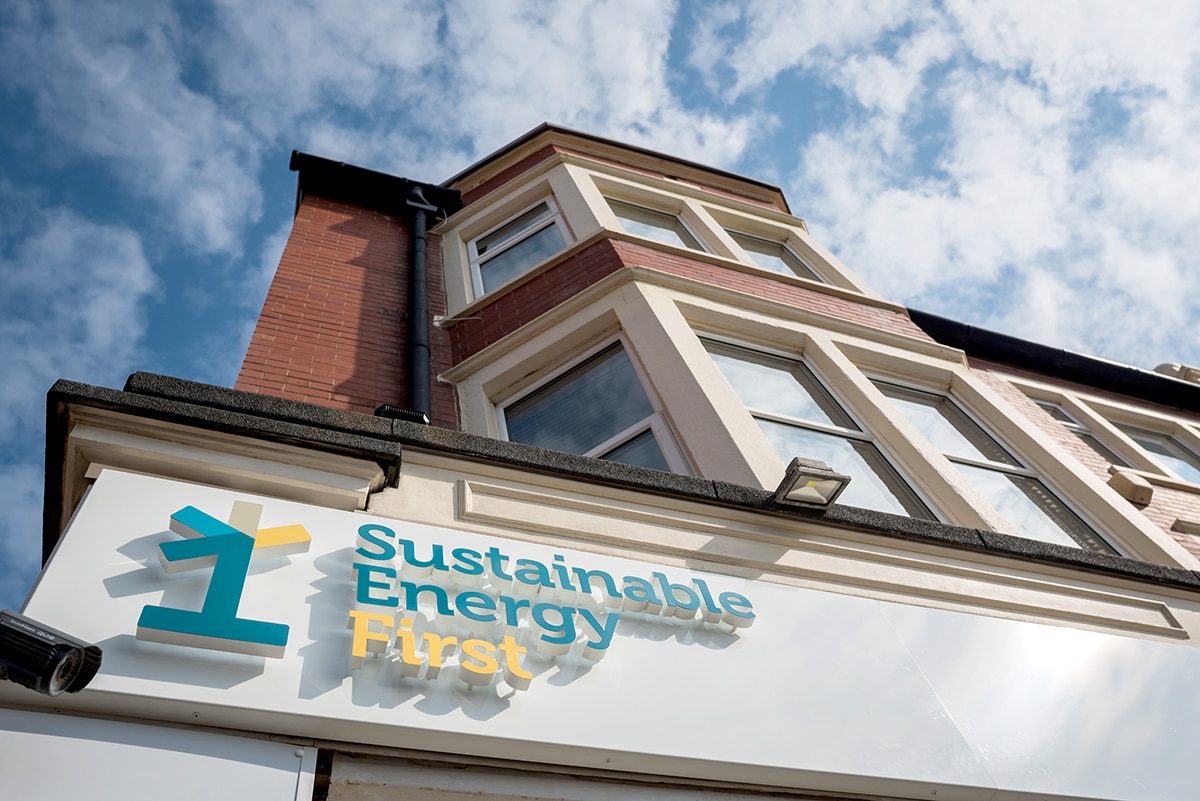The drive for providing sustainable communities is a top priority for many housing associations, and setting targets for both building sustainable homes, neighbourhoods, and promoting behaviour change amongst staff and residents is just part of that process.
Growing public awareness of climate change and the increasing need to reduce carbon emissions has also meant that the pressure on housing associations to be more sustainable comes from within, as customers want to know that the communities they are living in are doing their part in reducing emissions.
Whilst many sustainability projects may take time and money to implement, developing a sustainable energy management procurement strategy can be a great way of cutting your carbon emissions whilst also maintaining cost certainty for your customer – which will always be a key measure of success.
Renewable Energy Procurement
The rapid growth in the UK’s renewable energy capacity means that whatever the size of housing stock or location, long-term procurement options are available that will both deliver potential savings on your current bills, but also source all of your energy from renewable sources.
Where once procuring 100% renewable energy came at a significant cost premium, advances in technology now mean that renewable energy can be a cost neutral alternative. This means that you are not only potentially saving money through a longer-term buying strategy, you are also helping build a more sustainable future by choosing the renewable energy option.
Beyond energy procurement
Securing a renewable energy contract is often the first step to building a sustainable energy strategy but there are many other ways that you can increase your sustainability through better energy management.
Housing associations are often faced with the difficult task of managing energy across many properties and meters, which can result in a huge amount of administration. The time-consuming task of checking meters manually can be removed with the installation of ‘smart’ AMR (Automatic Meter Reading) meters which will do all the hard work for you. The additional benefit of these is that energy consumption can be tracked and monitored much more closely which means that through optimisation, reducing overall energy consumption becomes an easier task.
With many social housing providers possessing large stocks, on-site generation, such as solar PV or heat pumps becomes a viable option for generating electricity. Technology within this industry has progressed rapidly in recent years in terms of both performance and price which means that many housing associations are starting to look at this as a genuine way of developing a more sustainable future.
Assessing your overall energy use and understanding what you are looking to achieve with your technology investment can ensure maximum impact on both your bottom line and environmental performance while minimising risk and ensuring as short a payback period as possible.
Delivering greener, more sustainable communities can appear daunting, particularly given the more pressing budget pressures and rapidly growing energy bills that many housing associations are already facing. However, help is available to support you achieving a more sustainable future for your organisation and customers, as well as securing lower energy prices and greater energy cost certainty.





